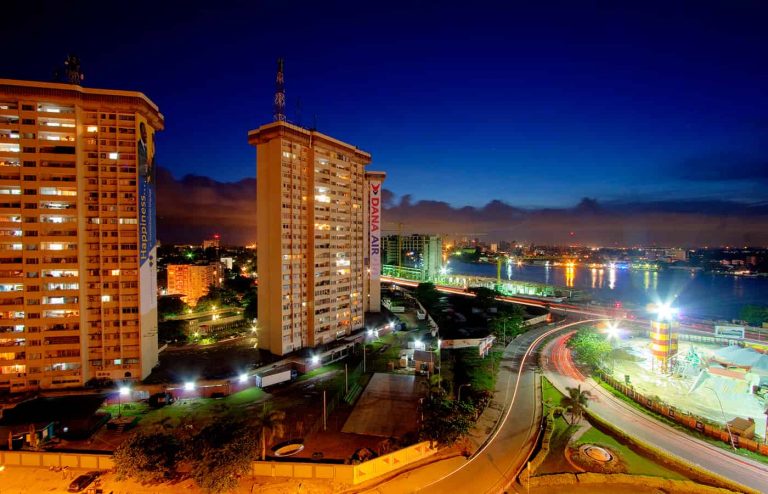Nigeria is Africa’s new economic leader.
As if in line at McDonalds, Nigeria supersized its meal and got the winning monopoly piece on its French fries. The winning billions made Nigeria the continent’s biggest economy at US$510 billion, skyrocketing 89 percent in one night and passing previous leader South Africa, sitting at US$370 billion. Like winning the lotto, there comes the ‘what now part.’
This is not an election where Nigeria President Goodluck Jonathan becomes the president of Africa and South African President Jacob Zuma becomes the vice-president of Africa. Albeit, that pairing of political figures could make any African political junkie giggle over the possibilities. This change in economic leaders on the continent should be less of a discussion than it has become.

Size of an economy is important, but how the economy is governed and utilized to serve its people is more important. Both South Africa and Nigeria recognize that there is more to be done, particularly for their poor.
The two could learn from each other. The entrepreneurial vibe that drives Nigeria’s growth cannot be overstated. A large oil economy, Nigeria has also fostered a burgeoning group of young entrepreneurs, drawing the attention of investors across the globe. A mining giant, South Africa has not cultivated a similar entrepreneurial culture, arguably explaining its struggles with youth unemployment and its decline as a preferred destination by private investors. It still must be stated that South Africa has a higher GDP per capita, albeit with about one-third the population of Nigeria.
There is an argument that South Africa and Nigeria could gain from working together. South African businesses are seeking opportunities to expand into sub-Saharan Africa and Nigeria’s 170 million-person consumer base appears an ideal start. Despite the past complaints and struggles from South African businesses – see Woolworths’ pullout of the country – Nigeria is ripe for new business, especially in consumer goods.

No one is saying the road to success will be easy. South Africans do not recognize Nigerian brands and Nigerians do not recognize South African brands. Building brand recognition accordingly would be the first step in finding new consumers. Jump that hurdle and South Africa is bound to benefit from an African partner that could gobble up its many exports of manufactured goods. Tech savvy Nigeria could help boost the productivity and technological creativity of South Africa.
In the grand scheme of things, South Africa and Nigeria need to make better friends rather than be competitors. Commentators may enjoy the battle over numbers and the discussions of strength and prowess, but, at the end of the day, an ability to work together will be the most telling factor on what a bigger Nigeria means for South Africa.

